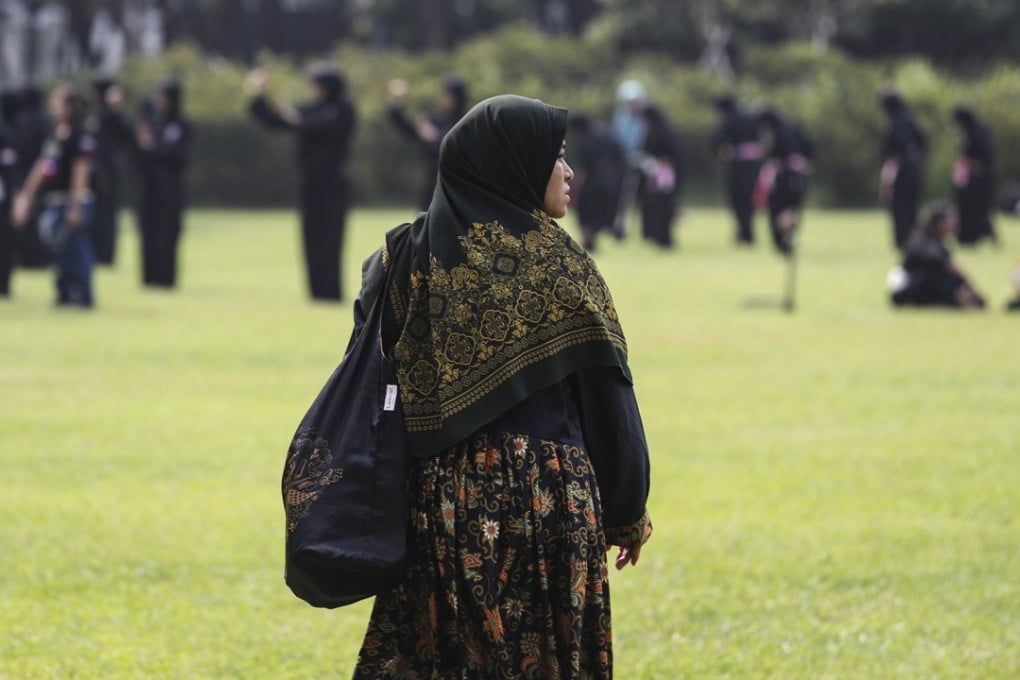The plight of domestic helpers falsely accused of crimes by unscrupulous employers
While some foreign domestic helpers do commit crimes, others who unaware of their rights in the countries where they work can be tricked into incriminating themselves, say NGOs helping workers charged with offences

When Lifi Nurfitriyah was sentenced to nine months in a Singapore jail, after admitting to six counts of theft, she became the latest in a string of overseas domestic workers to make headlines this year.
Lifi, 26, was found guilty in September of withdrawing S$9,400 (US$6,970) from her employer’s bank account using a stolen ATM card.
A month earlier attention fell on Siti Nur Sopiyati, another Indonesian helper in the city state, who was handed a jail sentence of 12 months for stealing more than S$50,000 worth of luxury goods from her boss, Lisa Lee. Siti Nur was arrested after posing on Instagram with the stolen items, including a Chopard watch and an Hermès wallet.
This year alone, there have been more than a dozen newspaper reports of theft cases involving Indonesian domestic workers abroad.
Christmas blow for domestic helpers in Hong Kong as flights home don’t exist
In a high-profile Hong Kong case, 30-year-old Rospeni, who like many Indonesians goes by one name, pleaded guilty in January to stealing luxury handbags and jewellery worth more than HK$500,000 (US$64,000) from singer and actress Cecilia Cheung Pak-chi.